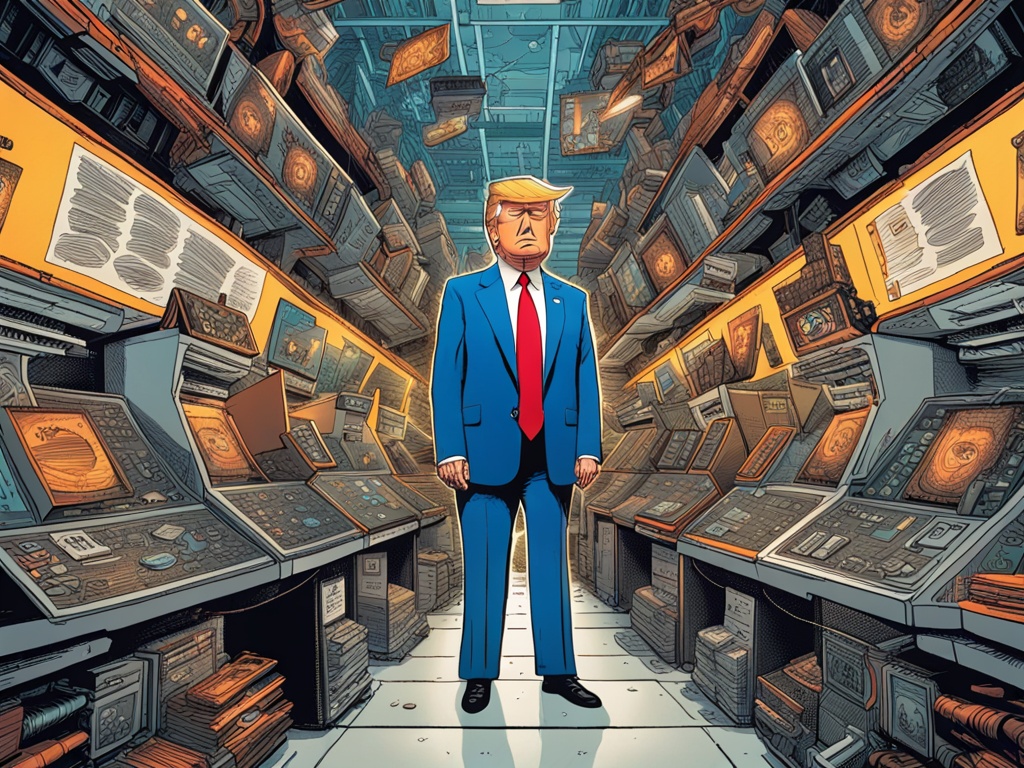Dtcpay’s Strategic Shift: Embracing Stablecoins for Enhanced Payment Solutions 🚀
Dtcpay, a licensed cryptocurrency payment platform operating from Singapore, declares a transformative change. By January 2025, this platform will exclusively accept stablecoins for transactions, enhancing user security, scalability, and reliability.
Let’s delve into the specifics surrounding this notable decision.
Singapore’s Dtcpay: A New Era for Payment Methods 💳
The domain of digital payments is experiencing a profound evolution, and Dtcpay is set to play a crucial role in this transformation. As part of its new strategy, the company has decided to cease the acceptance of cryptocurrencies like Bitcoin (BTC) and Ether (ETH) and will shift its focus solely to stablecoin transactions by January 2025.
This pivotal choice mirrors user demand for a more dependable and stable payment environment and demonstrates a commitment to enhanced security and scalability.
On December 3, 2024, Dtcpay confirmed plans to gradually eliminate support for BTC and ETH. The company aims to concentrate efforts on stablecoins such as USD Tether (USDT) and USD Coin (USDC), while also welcoming emerging stablecoins like First Digital USD (FDUSD) and Worldwide USD (WUSD).
This transition intends to offer users a more consistent and secure payment experience. Since stablecoins are pegged to fiat currencies such as the US dollar, they provide a level of value stability that diminishes the potential volatility often associated with traditional cryptocurrencies.
In its official communication, Dtcpay proclaimed:
“Our mission is to deliver a more reliable, scalable, and secure payment experience for our users.”
Why the Exclusive Shift to Stablecoin? 🤔
Dtcpay’s choice to move away from BTC and ETH is influenced by several critical factors.
First, user preferences play a substantial role; a significant portion of the platform’s transaction volume is already linked to stablecoins.
Second, security is paramount. The stable value of stablecoins makes them less susceptible to market volatility, thereby lowering risks for both merchants and consumers.
Third, scalability emerges as a key element. Transitioning to a payment system based solely on stablecoins simplifies integrations with both traditional and decentralized payment frameworks.
Additionally, stablecoins like WUSD and FDUSD exhibit transparency due to their 1:1 peg with confirmable fiat reserves, which is crucial in winning user trust.
Dtcpay has made impressive advancements in fortifying its stance within the digital payments marketplace. Originally established in 2019 as Digital Treasures Center, the company was co-founded by Alice Liu, Band Zhao, and Sam Lin. In 2022, it secured a major payment institute license from the central bank of Singapore, reinforcing its presence within the regulated market.
Furthermore, Dtcpay has established key partnerships, including an agreement with the real estate conglomerate Singapore Pontiac Land, and has developed a system facilitating both fiat and cryptocurrency payments for brick-and-mortar and online retailers.
The Global Landscape of Stablecoins 🌍
Dtcpay’s decision signals a broader movement within the cryptocurrency sector, where stablecoins are becoming increasingly favored as preferred mechanisms for transactions and value retention.
Currently, FDUSD, launched in 2023 and backed by Binance, has attained a market capitalization of 1.9 billion dollars, ranking it as the sixth largest stablecoin by value.
WUSD, created by the Worldwide Stablecoin Payment Network, represents an important developmental stride. Fully collateralized by fiat reserves, this stablecoin maintains a steady linkage to the US dollar while ensuring transparency for its users.
Dtcpay’s transition to a payment infrastructure based entirely on stablecoins brings numerous benefits for both vendors and consumers:
- Minimized volatility: Stablecoins help eliminate uncertainty around price fluctuations, making payments significantly more predictable.
- Enhanced operational efficiency: Utilizing stablecoins streamlines international transactions, reducing both conversion fees and processing durations.
- Flexible payment options: Compatibility with blockchain systems like Ethereum and BNB Chain opens new avenues for decentralized finance (DeFi) and e-commerce applications.
Experts predict that embracing stablecoins could reshape the payment industry by diminishing reliance on traditional fiat currencies and facilitating financial inclusion on a global scale.
In conclusion, Dtcpay’s strategic pivot reflects both current market trends and user demands, solidifying its role in the future of digital payments.





 By
By
 By
By
 By
By
 By
By
 By
By